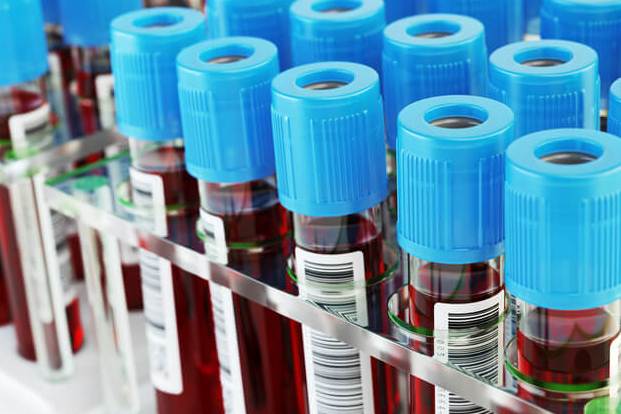Is Haemophilia fatal ?
Apr 19, 2022
8 year old boy from Purnea district of Bihar came to our Paras Patna Hematology OPD complaining of excessive bleeding following a tooth extraction done by a dentist in his local town. He also had a maternal uncle with a similar history of bleeding symptoms. He was evaluated, and his blood test revealed that he in his blood clotting factor 8 was 2%.He was diagnosed with moderate Hemophilia A. He received the deficient factor through transfusion and the bleeding stopped. But the question that all faced that day is- how many have access to early detection and timely treatment? Does India have all the resources for detecting haemophilia and providing them the treatment that they need. We can definitely conclude that Bihar is not! Paras Patna is the first hospital in the state to have a DM Haematologist – an expert in blood related disorders and blood cancer associated diseases.
Can Haemophilia be Fatal?
The life expectancy of someone with hemophilia varies depending on whether they receive proper treatment. Without adequate treatment, many people with hemophilia die before they reach adulthood. However, with proper treatment, life expectancy for people with hemophilia is about 10 years less than that of males without hemophilia, and children can look forward to a normal life expectancy.The severity of haemophilia depends on the amount of factor VIII or factor IX in the blood.

There are three levels of severity: mild, moderate, and severe. People with severe hemophilia usually bleed frequently into their muscles or joints. They may bleed one to two times per week. Bleeding is often spontaneous, which means it happens for no obvious reason.
People with moderate haemophilia bleed less often, usually after an injury. Cases of hemophilia vary, however, and a person with moderate haemophilia can bleed spontaneously.
People with mild haemophilia usually bleed only as a result of surgery or major injury.Bruises are very common in children with hemophilia. A bruise is not usually cause for alarm, unless it is on the person’s head or neck, the person has a hard time moving, the bruise hurts, the lump in the bruise gets larger or does not go away, or if there is numbness or a tingling feeling along with the bruising. In any of these cases, a physician or local hemophilia treatment centre should be consulted.
If you have a family history of haemophilia it is best that you consult a gynecologist if you are planning a family and it is the best if you include a Hematologist in your consultations.




